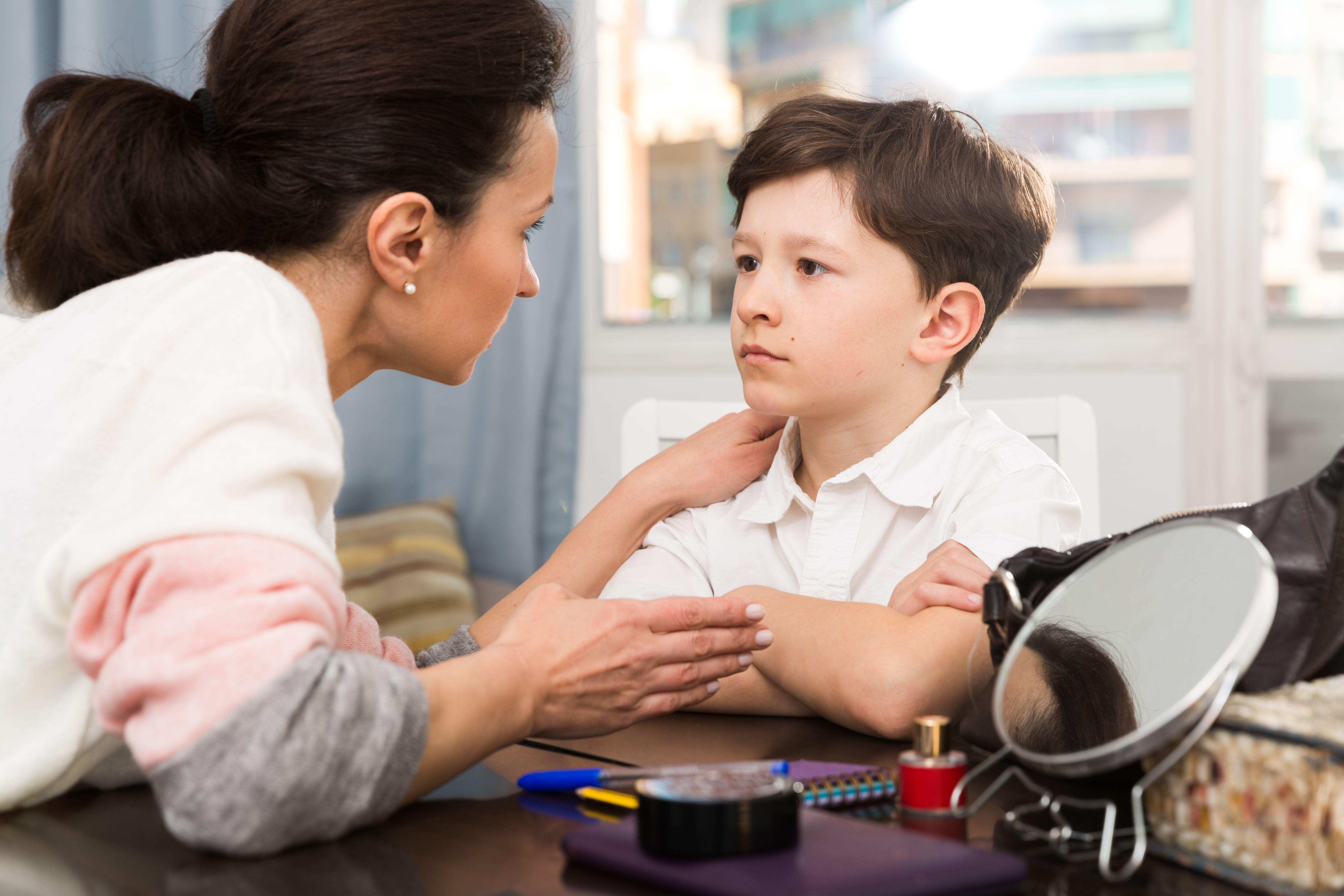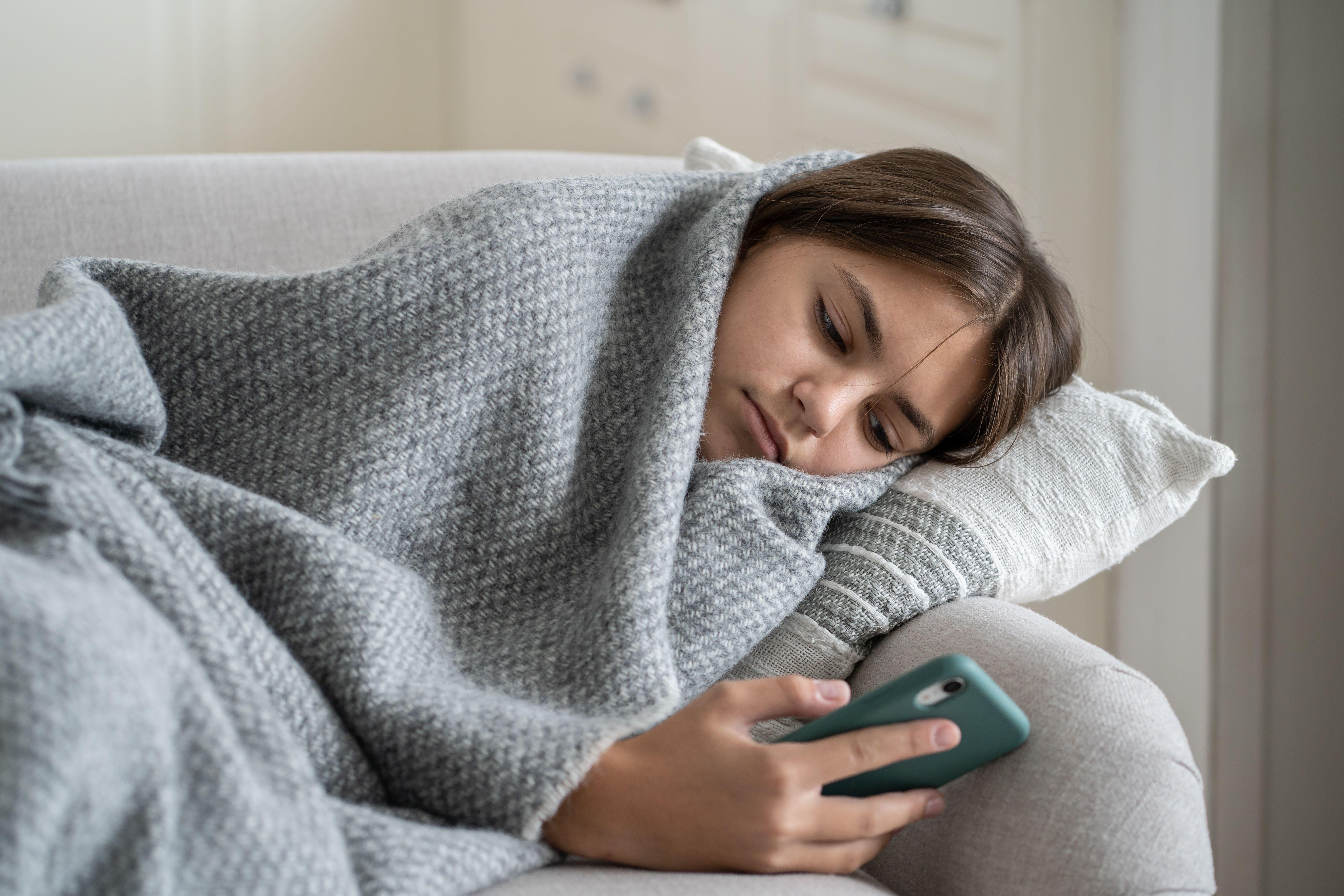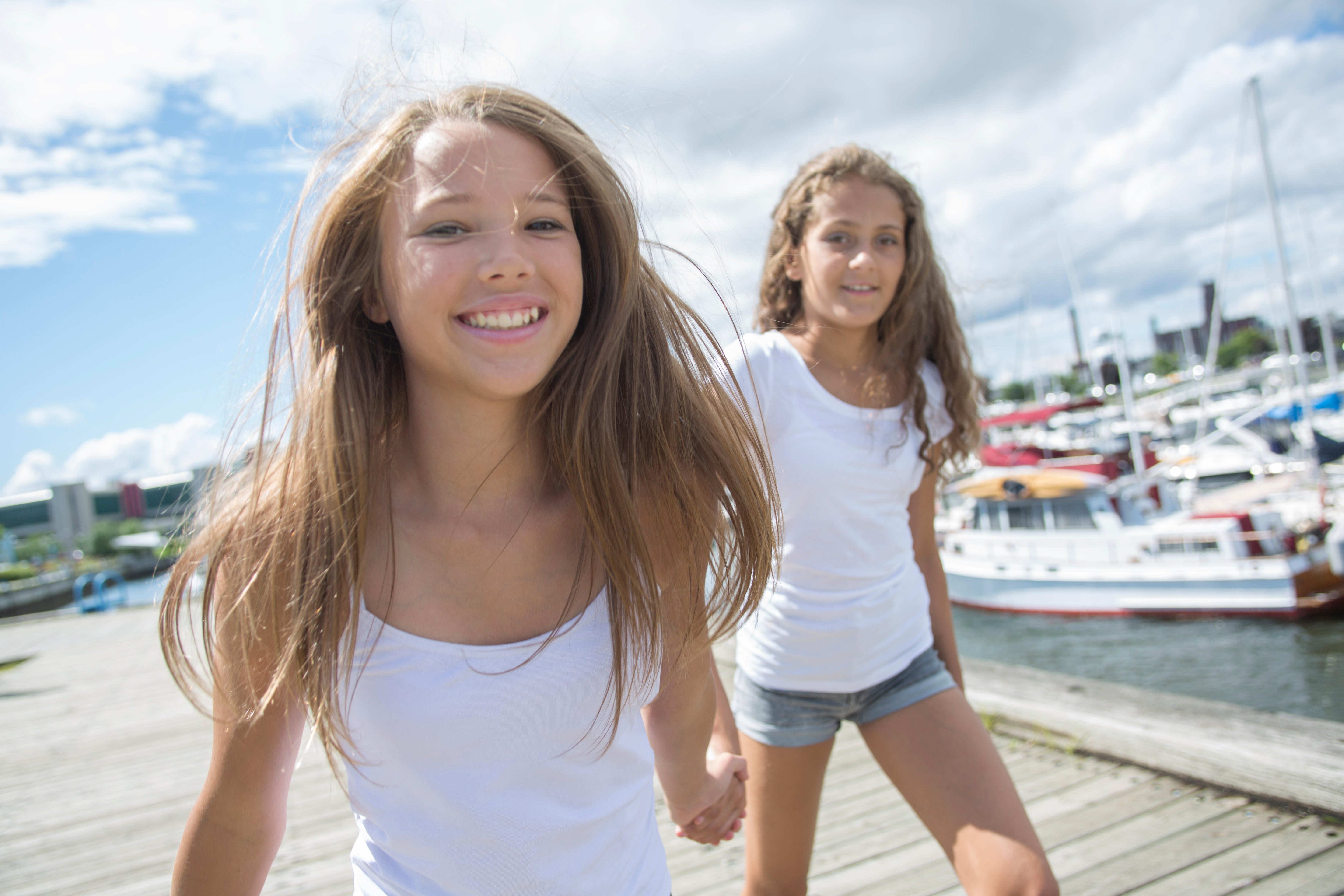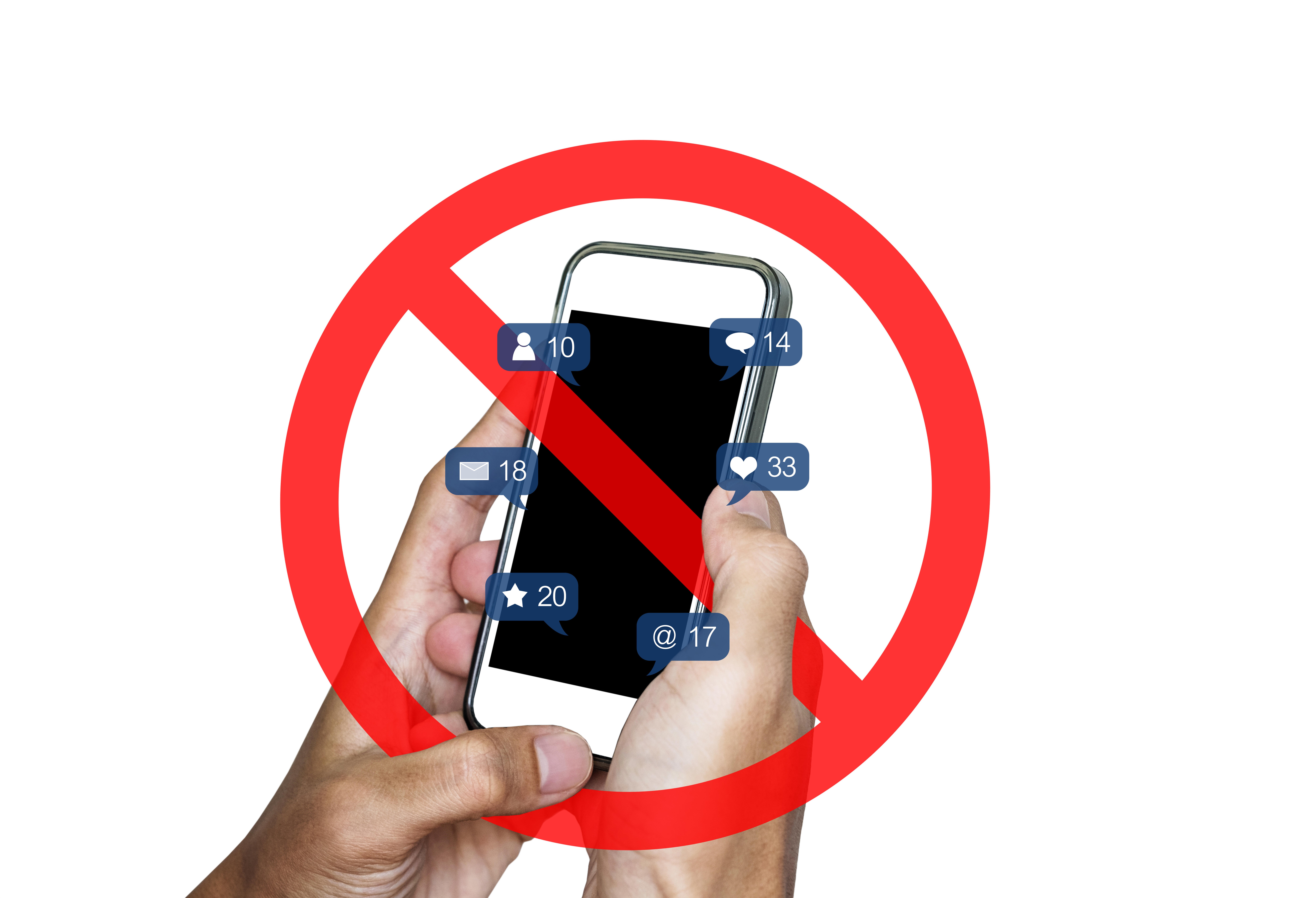
Australia’s states and territories have unanimously pledged their support to a national plan which aims to stop children under the age of 16 from accessing social media platforms such as X, TikTok, Instagram and Facebook.
The legislation will be introduced into Parliament within two weeks, and the age ban would take effect a year after it passes into law, giving platforms time to work out how to exclude children.
We have spoken to some experts who have voiced their thoughts on whether they think a social media ban is a good idea or not….
Do you think a social media ban for children under 16 is a good idea?“Overall yes,” says Liat Hughes Joshi, parenting coach and author of How to Unplug Your Child: 101 Ways to Help Your Kids Turn Off Their Gadgets and Enjoy Real Life. “There is compelling evidence that children are struggling with social media use and put very simply, it’s not good for them.”
Social media can expose children to inappropriate or harmful content, including cyberbullying, unrealistic body images, and even dangerous challenges.
“Reducing exposure would help protect their mental health and emotional wellbeing,” says Lauren Hendry Parsons, privacy advocate at ExpressVPN. “Our own research highlighted that 45% of Gen Z users are already reducing screen time to improve their mental wellbeing as the endless pings and updates can often be overwhelming, leading to stress and anxiety.”
What are the potential benefits of a social media ban for children under 16?
Helps parents and takes away FOMO

“It would remove the critical mass of children being on social media and take away the FOMO (fear of missing out) issue that makes it very difficult for individual families and parents to stand firm and set boundaries,” explains Hughes Joshi.
May help children overcome an unhealthy dependency on their phones
“I’m meeting more young people who are resentful and feel powerless about their dependence on their phones/social media,” shares Hughes Joshi. “While in theory they might complain about having social media taken away altogether, in reality I think for many of them this will feel like a weight off their shoulders when this happens.”
Decreases exposure to filtered images displaying perfection

“Imagine a world where your daughter didn’t spend hours agonising over comparing her appearance to influencers who were bombarding her with filtered imagery of perfection,” says Hughes Joshi.Reduced exposure to online harm and inappropriate content
“Children cannot unsee distressing things they encounter online,” says Dr Susie Davies, CEO and founder of PAPAYA (Parents Against Phone Addiction in Young Adolescents.“Social media is often the first place young people are exposed to inappropriate content, and delaying access until age 16 would protect them from adult content longer.”
Protection from grooming and catfishing
“By delaying social media access, young people will be less vulnerable to grooming and catfishing – a trend that has sadly led some young people to take their own lives,” says Davies. “Young people, especially the most vulnerable, are at high risk of being targeted by groomers.”
Encourages children to pursue other activities

“Young people are spending up to eight hours a day on social media, often comparing their real lives with the curated lives they see online,” says Davies. “Banning social media would encourage young people to engage in activities that support wellbeing, such as sports, face-to-face interactions, and outdoor time.”
Do you think a social media ban would have any drawbacks?

One issue is that we don’t know how going cold turkey on social media could impact children.
“I wonder how it will actually impact older teenagers in reality when their access stops,” ponders Hughes Joshi. “What will happen? It is not a reason not to implement this, but I wonder how will they react and will they reshape their every day lives and leisure time?”
There are also difficulties around implementation that would need to be ironed out.
“We need to keep in mind that kids today are inherently tech-savvy, and can find ways to bypass restrictions, such as creating fake accounts, and inputting false ‘user age’ on their online profiles to make them appear older than they actually are,” outlines Hendry Parsons.
“Social media companies will need to ensure they are strengthening their age verification processes and taking proactive steps to identify and remove underage profiles.”







